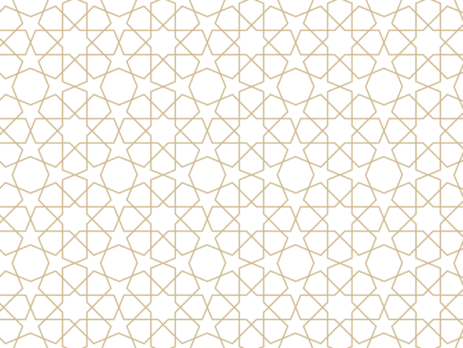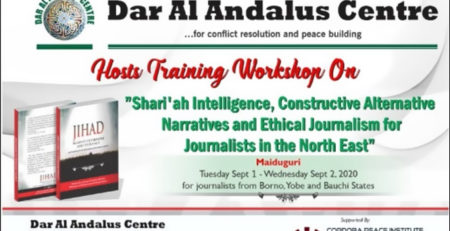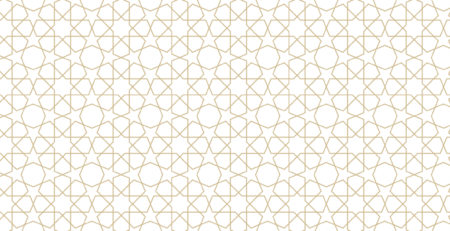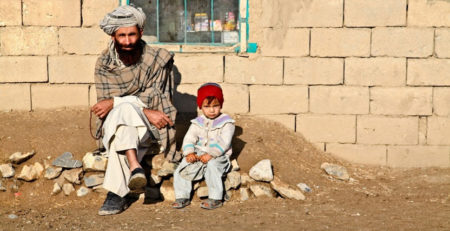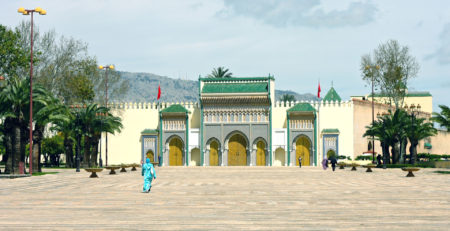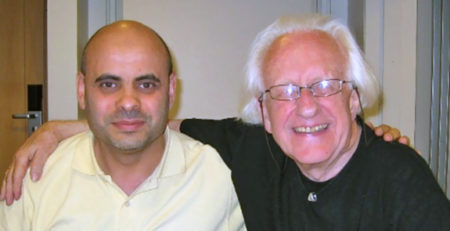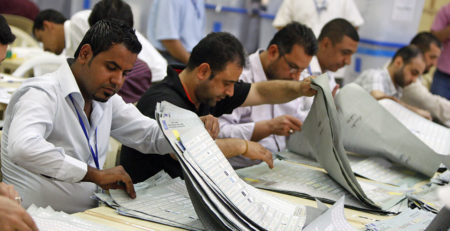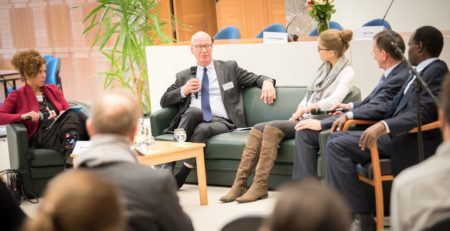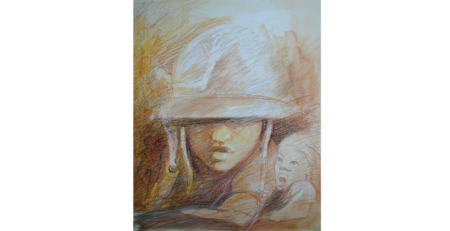Abbas Aroua – L’Algérie et les révolutions arabes
Algeria and the Arab Revolutions
Many people keep asking why Algeria did not catch the train of revolutions and participate in the 2011 “Arab Spring”. Is it going to be an exception? Is it going to miss this “historic window” to liberate itself? The last country in the region to get rid of a ruthless corrupt military dictatorship? Are Algerians less determined to grasp freedom and decent life than Tunisians, Egyptians, Yemenis and others? To answer those meaningful and legitimate questions, we need a brief historical overview.
The Algerian people, who moved in 1962 from a domination by a brutal French colonial power to that of an indigenous repressive power, were the first in the Arab world to engage, in the late 1980s, in a nonviolent struggle against despotism and corruption. The movement started in a few eastern cities and spread to central Algeria and reach Algiers in October 1988. Peaceful demonstrations were crushed through a heavy military intervention resulting in hundreds of youngsters killed. The blood of these innocents forced the regime to allow for some opening in politics and the media. The Algerians experienced for the first time freedom of expression and practiced their civil rights. Dozens of newspapers were launched and over sixty political parties were set up representing the wide Algerian political spectrum. For three years (1989-1991) Algeria lived what would be called a “democratic parenthesis”.
After the 1990 local elections, the first round of general elections was organised in December 1991. The winners in the first round were the Front of National Liberation (FLN), which ruled Algeria since independence, the Front of Socialist Forces (FFS), a leftist party opposing the regime since 1963, and the Islamic Salvation Front (FIS), a new party created in 1989, by far the winner of both local and general elections.
The results of this poll did not please the military-intelligence establishment. A coup by a “black cabinet” backed by the French government took place on 11 January 1992. This would open the doors of hell for the Algerian people.
A large-scale campaign of repression followed. First it targeted FIS members and sympathisers and was extended to its social base, then to the whole population. It started with mass arrests of youngsters at the exit of mosques following Friday prayers and went crescendo: arbitrary detention and deportation of tens of thousands of people to several concentration camps in the Sahara, some of them having served as French nuclear test sites, systematic use of torture in detention centres run by the police, the gendarmerie, and the intelligence services (DRS). The Algerian youth, subjected to humiliation and ill-treatment, or fearing to be arrested and tortured, were forced to engage in violent resistance and formed the Islamic armed groups (GIAs). These groups were then fought by the military regime through a counter-insurgency strategy, infiltrating some armed groups, creating fake GIAs, and arming tens of thousands of militias.
The combined armed forces controlled by the DRS engaged in an awful campaign of mass killings: widespread extrajudicial executions and massacres. In one decade (1990s) the fierce repression resulted in a quarter of a million deaths, twenty thousand disappearances, tens of thousands of survivors of torture suffering from physical and psychological traumas, with hundreds of thousands of internally displaced and exiled persons.
The following decade (era of Bouteflika, who took office in 1999) is characterised by less direct violence, but more structural violence (poverty, regression of public services such as health, education, housing, etc.) and widespread corruption.
The military regime would not have managed to keep the control over the Algerian society without the various forms of support (political, diplomatic, military, intelligence, economic, financial, etc.) from Europe and the United States. This support was very costly. From the beginning, the military regime has accepted to make many significant concessions. At the political level, Algeria renounced the fundamentals of its foreign policy: non-alignment, self-determination for all peoples, support of liberation movements who fight colonialism and imperialism. In 1995 Algeria signed the Non Proliferation Treaty after years of principled refusal, having argued that all countries, including nuclear powers must be treated equally. The same year the Algerian diplomacy in Washington promised to “normalize” relations with Israel. This was followed by additional steps culminating in the 1999 Bouteflika-Barak accolade during the funerals of King Hassan II, what was interpreted as a positive sign for acceptance of Israel, and the 2005 Bouteflika-Peres meeting in Spain. At the military level the Algerian army and intelligence broke a big taboo when they took part in NATO maneuvers in the Mediterranean Sea, involving Israel, when they organised joint Algerian-US military maneuvers in the Sahara, and when they allowed the CIA and the FBI to open offices in Algeria.
At the economic level, the Algerian regime granted Western countries, particularly the US, huge oil concessions in the Sahara. Vast territories in southern Algeria, where foreign oil companies run their business and bring their engineers and security personnel by direct flights, are almost forbidden to Algerian citizens who need a special laissez-passer to get there.
From 9/11 on, US backing of the Algerian military regime increased significantly. With its long experience in state terrorism, Algeria managed to sell itself as a state with the best expertise in “counter-terror” war and proposed to transfer this expertise to the global level. Algerian “experts” were sent regularly to the US to “teach” their counterparts how to deal with Islamic armed groups. Algeria imported repression technology from the West and exported repression techniques developed during the 1990s. This partnership continues to this day in the framework of the fight against the so-called Al Qaeda in the Islamic Maghreb (AQMI), which is the regional version of the 1990s GIAs, used as pretext for the Algerian regime’s repression of any form of resistance. AQMI serves both the interests of the Algerian regime, which uses it as an alibi to suppress fundamental liberties and rights, and the US interests that aim to control North Africa and the Sahel.
In 2011 the Algerian people are still under a collective post-traumatic stress disorder. The society is weakened by the loss of so many human resources especially among the youth. Algerians struggle to solve their day-to-day problems. Riots and strikes are called for every day all around the country motivated by social claims. But this protest movement lacks national coordination, strategy, and an organized force to conduct it and transform it into a political struggle. This explains partly why Algeria was not among the first North African countries to launch the Arab Spring.
But the Algerians are more and more aware of these limitations, and there are warning signs indicating that in the near future the Algerian people will start their fight for freedom and a radical political change to establish a state of law and good governance. Let’s pray for this to be achieved through nonviolent resistance and actions.
Abbas Aroua
5 September 2011





